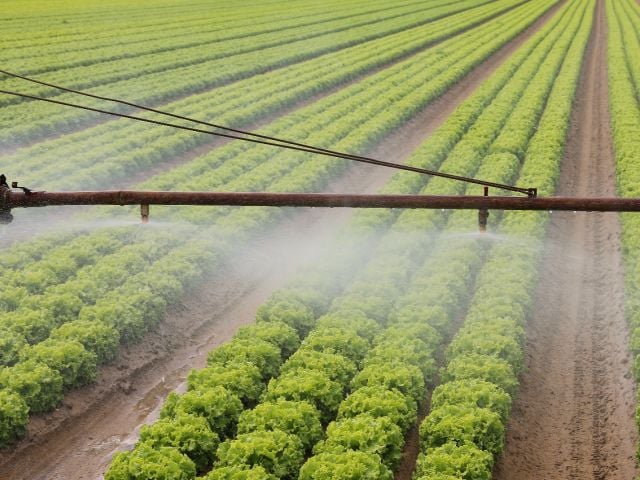WASHINGTON – The Environmental Working Group today applauds Senate leaders for including more than $20 billion in the Inflation Reduction Act to tackle a growing backlog of requests from farmers seeking U.S. Department of Agriculture Conservation Assistance for efforts to address the climate emergency.
“This is the biggest investment in agricultural conservation programs since the Dust Bowl,” said Scott Faber, EWG’s senior vice president for government affairs. “EWG applauds Chairwoman Debbie Stabenow for securing these historic investments in the budget reconciliation bill.”
The new spending proposed in the agreement developed by Sen. Charles Schumer (D-N.Y) and Sen. Joe Manchin (D-W.Va..) would help farmers reduce greenhouse gas emissions, and is based in large part on proposals included in the Climate Stewardship Act introduced last year by Sen. Cory Booker (D-N.J.) and Rep. Abigail Spanberger (D-Va.) to expand the USDA's conservation programs.
“The budget reconciliation bill provides a once-in-a-generation chance to make better farmland stewardship, not unlimited subsidies, a top priority,” Faber said. “Farmland conservation practices that reduce greenhouse gas emissions also have the added benefit of reducing the amount of farm pollution that is fouling our drinking water.”
By every measure, the problems posed by farm pollution – like toxic algae blooms, high nitrate levels in drinking water and low-oxygen dead zones – are getting worse, as the nutrients applied to farmland continue to wash into the nation’s rivers, lakes and bays.
Although Congress made important reforms in the 2018 Farm Bill, spending on USDA conservation programs did not increase enough to meet farmer demand. Farmers and ranchers offering to share the cost of conservation practices like buffer strips and cover crops continue to be turned away from the federal funding they need.
After rising steadily in the past, farm conservation spending has leveled off in recent years.
“Increasing conservation spending will reduce the backlog of farmers waiting for conservation assistance,” Faber said. “And it will help protect our drinking water supplies, provide more habitat for wildlife, reduce greenhouse gas emissions, and help our farms better withstand the effects of extreme weather caused by the climate crisis.”
Faber added, “Spending more is just one part of the solution. We must also spend smarter.”
EWG’s extensive analysis of conservation spending shows the government isn’t doing enough to ensure that participating farmers adopt “the right practices in the right places”to combat the climate crisis. Conservation funds are frequently used for infrastructure improvement projects and practices that mostly benefit farmers, not the American taxpayer or the environment.
“The fact that this proposal will exclusively fund practices that reduce greenhouse has emissions is as historic as the scale of the investment that is being made,” Faber said.
###
The Environmental Working Group is a nonprofit, non-partisan organization that empowers people to live healthier lives in a healthier environment. Through research, advocacy and unique education tools, EWG drives consumer choice and civic action.



.jpg?h=827069f2&itok=jxjHWjz5)